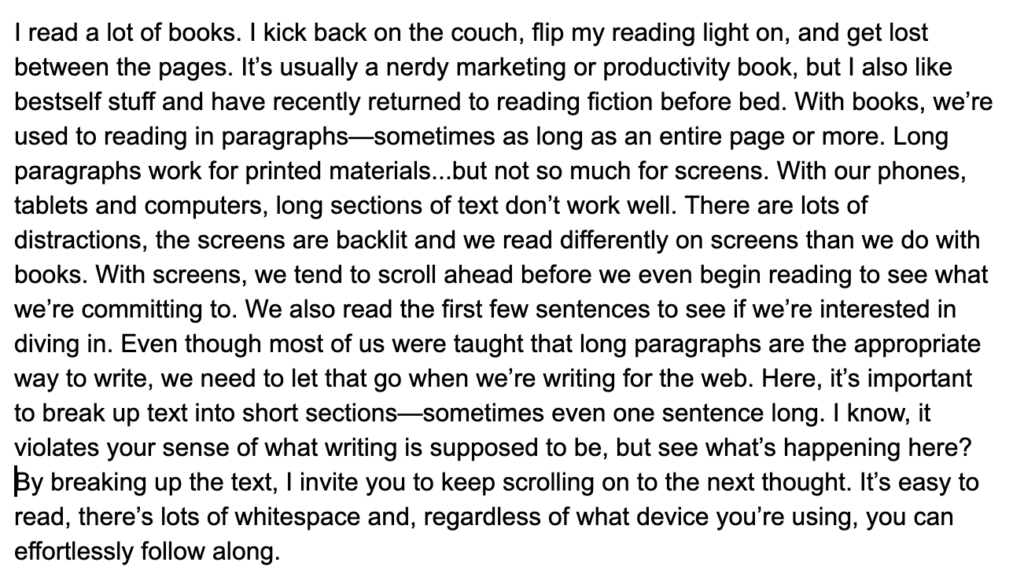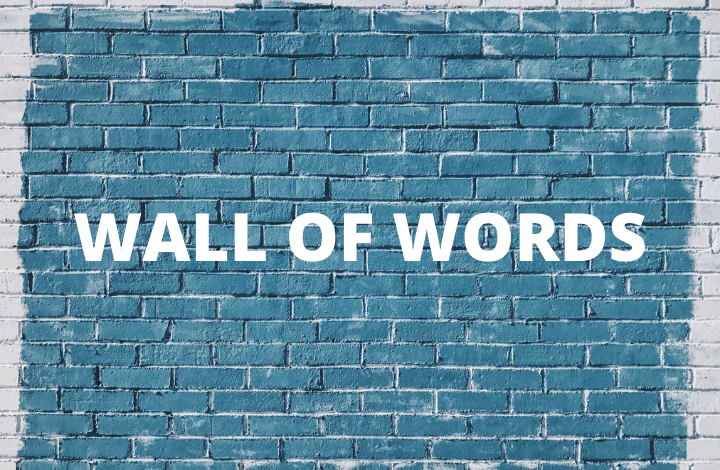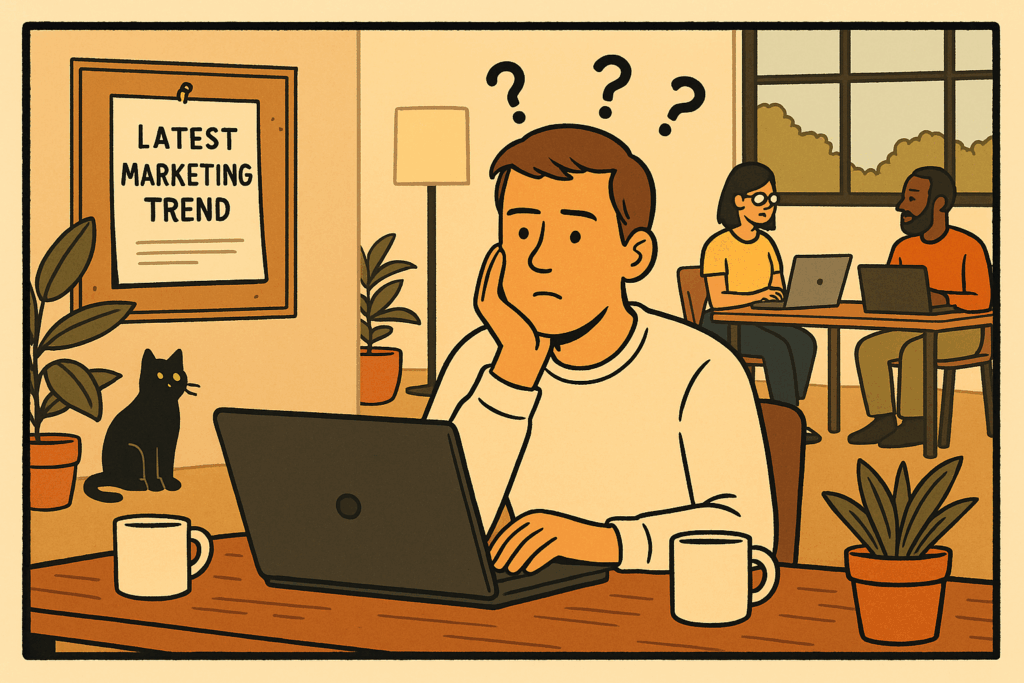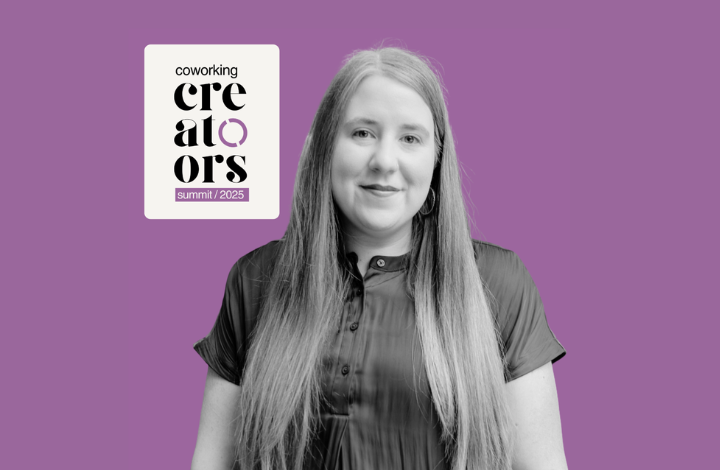I read a lot of books.
I kick back on the couch, flip on the reading light, and get lost between the pages.
I’m usually reading a nerdy marketing or productivity book, but I also like bestself stuff, and recently returned to reading fiction before bed.
We’re used to reading long paragraphs that sometimes span an entire page in books.
These long paragraphs work for printed materials…but not so much for screens.
On our phones, tablets and computers, long sections of text don’t work well.
Our eyes have to work to track the lines, there are lots of lots of digital distractions and things competing for our attention, the light from screens is not super-comfortable, and we read differently on screens than we do with books.
With screens, we tend to scroll ahead before we even begin reading to see what we’re committing to.
We also read the first few sentences to see if we’re interested in diving in.
Even though most of us were taught that long paragraphs are the appropriate way to write, we need to let that go when we’re writing for the web.
When writing for screens it’s important to break up text into short sections—sometimes even one sentence long.
I know, it violates your sense of what smart writing is supposed to be.
But see what’s happening here?
By breaking the text into short sections, I made it easy for you to keep scrolling on to the next thought.
This post is easy to read, there’s lots of whitespace and, regardless of what device you’re using, you can effortlessly follow along.
Compare that to what I call the wall of words, which looks like this:

If your reader is on a laptop or large tablet, they may push through the discomfort of reading a wall of words, hopeful that at any moment there might be a break.
But if your reader is using their phone or a small device, they bounced long ago.
The wall of words is impossible to read on a phone.
So, break up your paragraphs and share your thoughts in clear, easy to digest, short sections.
You can still share super-smart insights, resources, tips, stories etc.
You may not win a Pulitzer, but you’ll keep the attention of your readers and help them come to know, love and trust you, which is the point, anyway.
Right?
For more formatting pro tips, join us January 22 for my next Content Training: Format Blog Posts for Impact, Reach and Readability: Pro Strategies for Workspace Operators
Holler if you have any questions,
Cat
The Coworking Letter
For coworking pros


Get insights, strategies and practical to-do's every Thursday.







